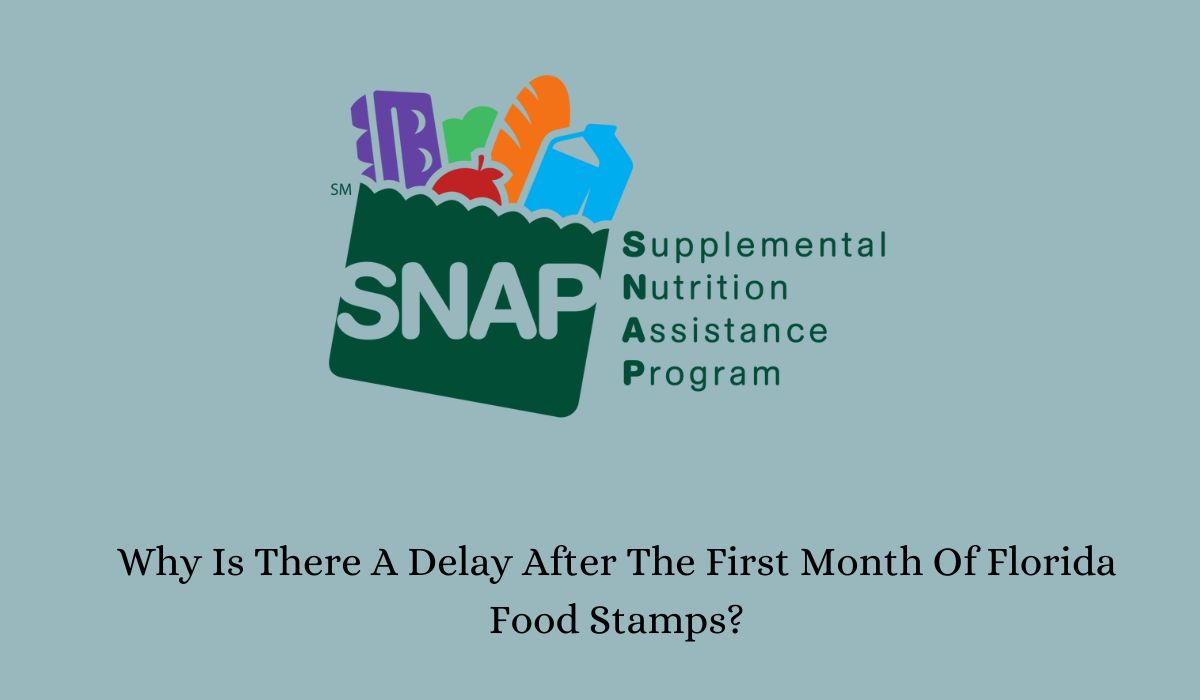Hello there, dear reader! Are you a resident of sunny Florida who recently applied for food stamps? If so, you may have noticed that there is often a delay in receiving your benefits after the first month.
This can be frustrating and confusing but fear not. In this article, I will explain the reasons behind this delay. So, let’s dive in!
The Cause of the Delay
The delay experienced after the first month often stems from the way the benefit issuance cycle is structured in Florida. SNAP benefits are not distributed on a single day for all recipients.
Instead, they are staggered throughout the month, based on the case number or other identifying factors. This staggering helps manage the workload of SNAP offices and ensures a smoother operation of the program.
1. Staggered Issuance Cycle:
After the initial issuance, subsequent benefits are aligned with the state’s issuance cycle. This alignment can result in a gap that is longer than a month, depending on when the initial benefits were received.
2. Administrative Processing Time:
The transition from the initial benefit issuance to the regular cycle requires administrative processing. This can sometimes lead to delays, especially if there are any discrepancies or additional verifications needed.
3. System Overload and Errors:
High demand and system errors can also contribute to delays. With a large number of applicants and beneficiaries, the system can be overwhelmed, leading to slower processing times. Additionally, errors in the application or data entry can also cause delays as they need to be resolved before benefits can be issued.
Impact on Beneficiaries
The delay in receiving SNAP benefits after the first month can have significant implications for recipients:
- Financial Strain: Families and individuals may face financial difficulties while waiting for their benefits, especially if they are dependent on SNAP for their grocery needs.
- Stress and Anxiety: Uncertainty about when benefits will arrive can cause stress and anxiety among recipients.
- Nutritional Impact: Delays can impact the nutritional well-being of beneficiaries, as they might not be able to afford healthy food without the assistance.
Coping with the Delay
To manage the impact of this delay, beneficiaries are advised to:
- Plan Ahead: Try to budget the initial month’s benefits to last until the next issuance.
- Stay Informed: Keep track of the issuance schedule and any updates from the Florida Department of Children and Families. This will help manage expectations and avoid any surprises.
- Seek Additional Assistance: Look for local food banks or community programs that can provide support during the gap period. These resources can help alleviate the financial strain and ensure access to nutritious food.
Conclusion
The delay after the first month of receiving Florida food stamps is a result of the staggered issuance cycle, administrative processing time, and system overload. While it may be frustrating, but understanding the cause can help manage expectations and minimize its impact.
With a little patience, you will soon receive your benefits and alleviate any financial strain or stress. Thank you for reading!
